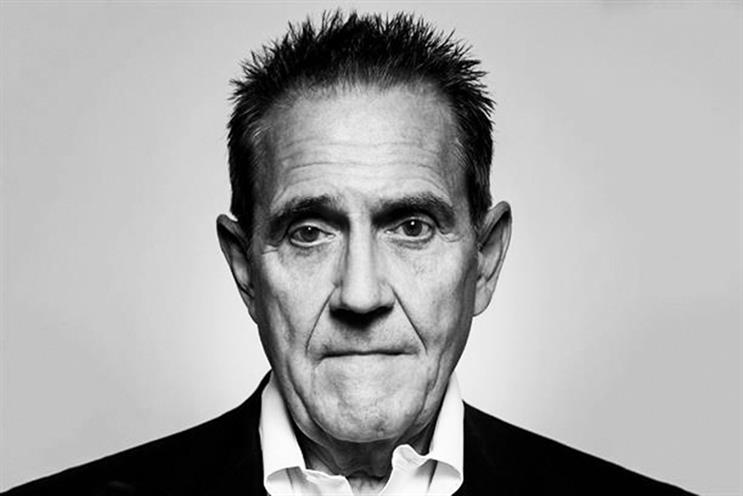In 1971, Gary Kildall invented the first universal PC operating system.
In 1972, he marketed it as CP/M (Control Program/Microcomputers).
Until then, IBM had been by far the biggest player in computers, but all its machines had been massive mainframes, only for professionals working in offices.
They’d ignored the PC (personal computer) as a toy for hobbyists.
But by the late 1970s it became obvious they needed to be in the PC market.
And this is where the story starts: to get into the market quickly they built a PC using off-the-shelf parts.
By 1980, they had a machine, now they needed an operating system, they approached the young Bill Gates at Microsoft.
Bill Gates said he didn’t have an operating system, but knew a man who did.
Gary Kildall was the only game in town, his CP/M system ran on 3,000 different models and it was making $5.4m a year revenue.
Gates called him to tell him the size of the opportunity but, because he’d signed an NDA (non-disclosure agreement), he couldn’t be specific, he said: "Gary, I’ve got some people coming around to visit, treat them right, they’re important guys."
Now here’s the first thing Gary Kildall did wrong: he got in his private plane and flew off to see another client.
When IBM arrived, Kildall’s wife, Dorothy, refused to sign the NDA without her husband.
So no discussions could happen.
IBM were very upset and flew home, they called Bill Gates, who was also upset.
Gates said he could get an operating system quickly, and he did.
He had Tim Paterson, from Seattle Computer Products, create an operating system based on Kildall’s CP/M system.
It was called QDOS (Quick and Dirty Operating System).
This was soon changed to MS DOS (Microsoft Disk Operating System) and sold to IBM as PC DOS.
Bill Gates sold it to IBM for a one-off payment of $50,000.
But here’s the genius part, he didn’t mention to them that the agreement wasn’t exclusive.
Because IBM’s computer was made using off-the-shelf parts, Gates could license it to all other PC manufacturers, too: Compaq, Hewlett-Packard, everyone.
Meanwhile, Gary Kildall threatened to sue IBM over the near copy of his system.
So IBM offered to let their customers choose between Gates’ PC DOS system and Kildall’s CP/M system.
Kildall jumped at the chance but, again, here’s what he did wrong.
Because he believed his system was better he wanted a lot more money for it.
So customers had to choose between Gates’ PC DOS at $40, or Kildall’s CP/M at $240.
Guess which one they chose.
Within a year, sales of PC DOS were eight times what was predicted, sales of CP/M were tiny.
What Gates had seen was the opportunity was vastly bigger than short-term money.
IBM was the gold-standard in computing.
Every other computer company would want to use the same system as IBM.
Selling his system to IBM wasn’t a short-term opportunity to make money, it was a long-term opportunity to dominate the market.
MS DOS eventually became Microsoft Windows, and Bill Gates became the richest man on the planet.
You don’t kill the goose to get the single golden egg inside it, you feed the goose and collect golden eggs forever.
Dave Trott is the author of Creative Blindness and How to Cure It, Creative Mischief, Predatory Thinking and One Plus One Equals Three


